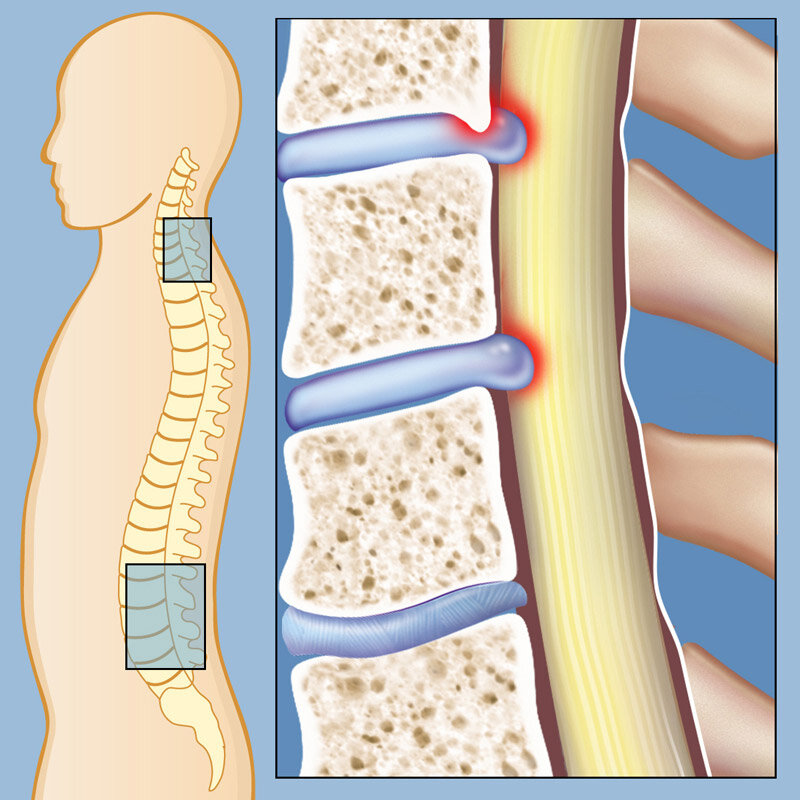Personalized Pain Treatments: Tailoring Interventions to Your Needs
Living with pain can significantly impact your daily life, making even the simplest tasks feel overwhelming. Whether it's acute discomfort from an injury or the chronic pain of chronic conditions, understanding how to effectively manage and treat pain is essential. Fortunately, advancements in pain management services and therapies offer a variety of personalized options designed to address individual needs and improve overall quality of life.
In this detailed guide, we will explore various types of pain, treatment strategies, and the science behind why we experience pain. From knee pain doctor to innovative therapies, such as physical therapy and chiropractic care, we'll investigate the many pathways available for relief. Additionally, we will explore alternative treatments, including the use of CBD and acupuncture, and how lifestyle changes and mindfulness practices can be crucial in pain management. Ultimately, our goal is to empower you with the knowledge to tailor pain solutions to your individual situation.
Grasping Pain Control
Pain control is a multifaceted methodology focused on alleviating and managing pain. It recognizes pain as a challenging experience that can profoundly impact an individual’s well-being. By combining various therapies, treatments, and lifestyle modifications, pain management aims to minimize discomfort and provide a higher overall performance. It is crucial to adapt pain management strategies, as individual individuals experience pain in different ways due to factors such as age group, medical issues, and personal choices.
Sudden pain typically occurs instantly due to injury or illness and usually disappears as the root cause is managed. Chronic pain, on the other hand, continues for an elongated period, frequently without a definite cause, making it hard to treat successfully. Realizing the distinction between these types of pain is important, as it can impact the choice of management strategies and interventions. Personalized therapies can differ significantly, incorporating physical therapy, pharmaceuticals, complementary therapies, and lifestyle changes to meet the unique needs of each patient.

Effective pain management also highlights the significance of a comprehensive approach. This includes the recognition of mental and emotional health's role in coping with pain. Techniques such as awareness, contemplation, and anxiety management can improve pain relief and raise life quality. By addressing the varied nature of pain, pain management services aim to enable individuals to take control of their pain and facilitate a more rewarding life.
Efficient Pain Relief Methods
Locating the suitable pain relief therapy typically demands a personalized approach, as individual individuals react distinctly to various treatments. This can encompass traditional methods such as drugs, physiotherapeutic therapy, and chiropractic care, alongside complementary therapies like acupuncture and massage. Each therapy seeks to target distinct pain types and can be blended for greater effective relief. Comprehending the root cause of pain is crucial to tailoring the most suitable treatment plan.
Physical therapy is one of the foundations of pain management, especially for those dealing from chronic conditions such as arthritis or back pain. A physical therapist can develop a personalized exercise program that strengthens muscles, boosts flexibility, and helps teach the body to move without pain. In addition to conventional exercises, modalities including TENS therapy provide electrical stimulation to reduce pain by interrupting pain signals sent to the brain. The objective of these therapies is to reduce pain levels while encouraging function and independence.
In recent years, a growing number of people are exploring alternative therapies like acupuncture and holistic approaches, acknowledging the interconnectedness of the body and mind in pain management. Acupuncture, a practice grounded in traditional Chinese medicine, involves the application of fine needles into certain points of the body and has been demonstrated to reduce pain for different conditions. Furthermore, practices like yoga and mindfulness meditation not only tackle physical symptoms but also help cope with stress and emotional aspects of chronic pain. These multiple options allow individuals to take control of their pain management journey, leading to better quality of life.
Integrative Methods to Pain Control
Comprehensive strategies to pain control highlight the interrelation of the body, mental state, and soul in tackling pain. spinal stenosis treatment combine a range of therapies that surpass traditional medication, focusing on the holistic health of the individual. Practices such as awareness practices, meditation, and breathing exercises are crucial in reducing the sensation of pain and boosting emotional resilience. By cultivating a feeling of calm and mental clarity, these practices can lead to a substantial reduction in pain levels.
Moreover, participating in routine physical activity, such as Pilates and light exercises, can play a key role in pain management. These movements not only enhance flexibility and strength but also promote the secretion of endorphins, the body's natural analgesics. This practice, in particular, offers particular poses that address various forms of pain, helping to ease discomfort while concurrently promoting relaxation. Incorporating physical activity into a regular schedule can support better pain control and overall health.
Dietary choices and food habits also make a considerable impact on pain management. An inflammation-reducing diet loaded with whole foods, omega-3 fatty acids, and antioxidants can reduce inflammation in the body, potentially easing chronic pain symptoms. Additionally, staying hydrated and limiting excessive processed foods may help in maintaining optimal health. By merging dietary considerations with physical and mental health practices, individuals can form a well-rounded approach to managing pain that addresses multiple facets of their well-being.